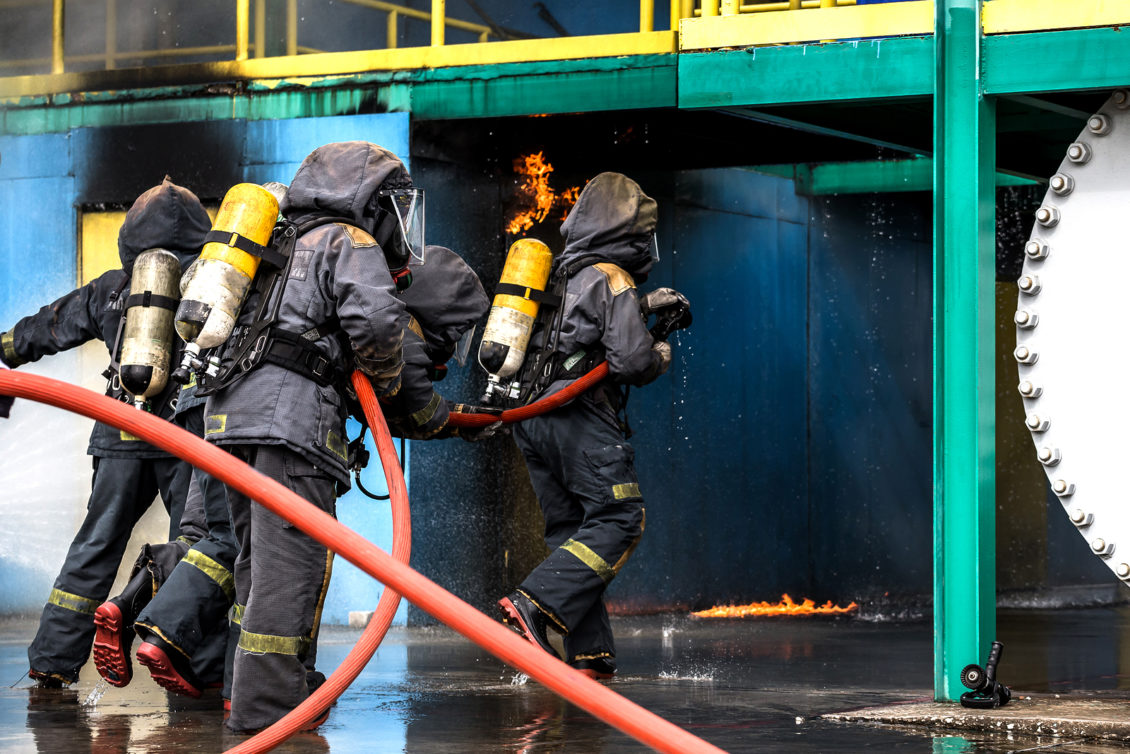A group made up of more than 40 organisations around the world has been launched, dubbed the International Fire Safety Standards Coalition (IFSS), to address the issue of fire safety in buildings in the public interest.
The idea is to bring together local and international professional bodies and organisations that are committed to developing and supporting a shared set of standards with regards to fire safety, designed to reinforce best practice that professionals should adhere to so as to ensure building safety should a fire break out.
Once the standards have been developed, the IFSS will work alongside professionals all over the world to deliver them on a local level. As its first step, it has already established a Standards Setting Committee, drawing on a group of technical fire experts to develop the standards and ensure that they’re fit for purpose across global markets.
Global building standards director with the Royal Institution of Chartered Surveyors Gary Strong commented on the news, saying: “The Grenfell Tower fire focused the world’s attention on how many buildings are threatened with the prospect of failing fire safety standards.
“All over the world we see the need for more high-rise structures, some residential, some commercial and some mixed-use buildings, particularly with increased urbanisation in cities. Our concern is not with the height of these buildings but with the risks they pose in the absence of a coherent and harmonised approach to setting global standards in fire safety.”
Despite the fact that the property market has become increasingly global, with investments crossing national borders, the sector still doesn’t have a consistent set of global principles required to inform the design, construction and management of buildings to prioritise fire safety risks.
The differences that currently exist around the world with regards to materials testing and certification, standards on building management and national building regulations and codes means that there is uncertainty, confusion and risk to members of the general public.
Concerning Grenfell itself, additional environmental checks are set to be carried out in due course around the site to provide survivors and local residents with extra reassurance. Up to £50 million has been committed by NHS England to conduct a five-year health monitoring programme, in addition to ongoing air quality monitoring at the site.
Further environmental sampling is to be carried out, including soil analysis to look for signs of contamination, water analysis if required and wider health monitoring and treatment options to reassure anyone affected.
The immediate health risk in the aftermath was from potentially contaminated air, and Public Health England commissioned independent air quality monitoring – which has shown that the risk to public health has been consistently low.
For help with groundworks in Yorkshire, get in touch with the team here at F&H Construction today.

